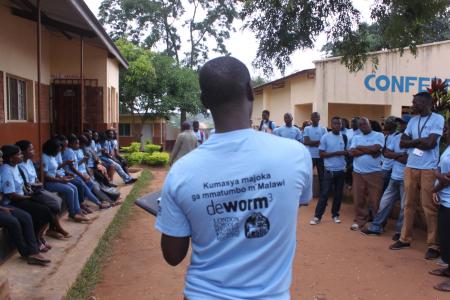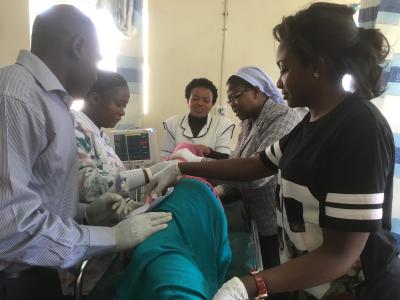Neglected Tropical Disease Day: How a DGH study is making strides towards STH elimination
Neglected Tropical Diseases (NTDs) are a group of 20 conditions, such as dengue, leprosy, and intestinal worms. NTDs affect over 1 billion people globally, and are associated with devastating health, social, and economic outcomes including permanent disability and impoverishment. The World Health Organization (WHO) aims to mobilize political will, community commitment, resources, and action needed to end unnecessary suffering from NTDs and shed light on the strides made in combating NTDs. As such, several NTDs are targeted for control for elimination by 2030.


